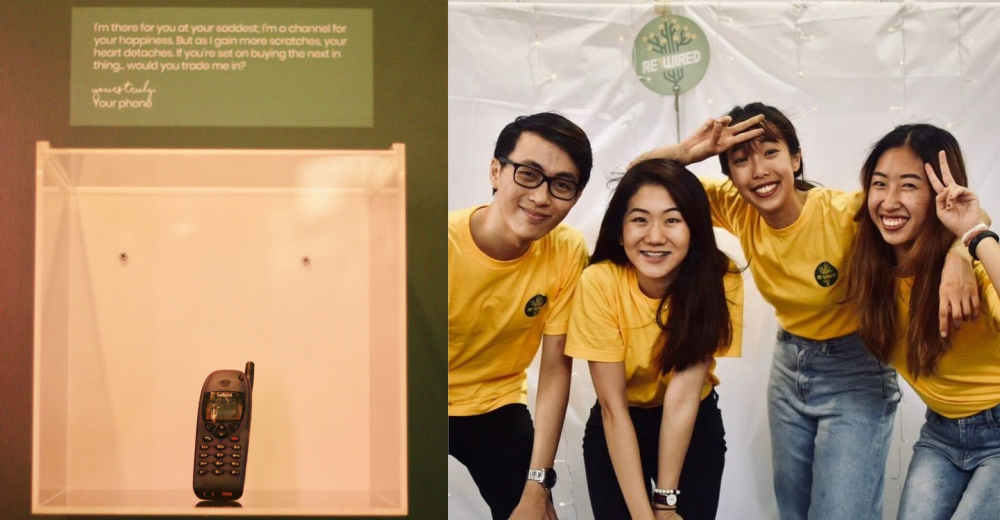Four final year students from Nanyang Technological University, Wee Kim Wee School of Information and Communication, have launched a campaign called 'RE-WIRED' to teach Singaporeans how to properly dispose of unwanted electronic products (e-waste) and raise awareness on e-waste.
 Photo by RE-WIRED.
Photo by RE-WIRED.
Why E-waste?
The spokesperson of the team, Jason Fan, explained that they chose to focus on e-waste because it is one of the fastest growing waste streams.
"We decided to focus on e-waste because we did some research, and realised that e-waste was the fastest-growing waste stream currently. At the same time, we felt that there was little knowledge on the topic of e-waste, relative to other forms of waste like plastic waste, where there are many initiatives at hand to reduce the use of plastic straws etc. We felt there was a gap in terms of awareness, so we wanted our campaign to step in and plug the gap!"
In fact, Singapore produces e-waste at an alarming rate - 60,000,000 kg of e-waste every year.
Lack of awareness
The team conducted a survey last October with 397 Singaporean residents between 18 and 25 years old, and who are likely digital natives.
Indeed, their survey found that even this group of young Singaporeans are not sufficiently educated on e-waste recycling.
More than 90 per cent of young Singaporeans can't even recall any e-waste related initiatives.
Only 3 per cent of young Singaporeans are aware of the RENEW (REcycling the Nation's Electronic Waste) bins which are the most commonly seen e-waste recycling bins in Singapore.
There are currently 466 of these bins placed in public areas such as schools and community centres.
Even for those who indicated that they recycle e-waste, a quarter of them have been doing it wrong by throwing them into the blue recycling commingled bin, that actually does not accept e-waste.
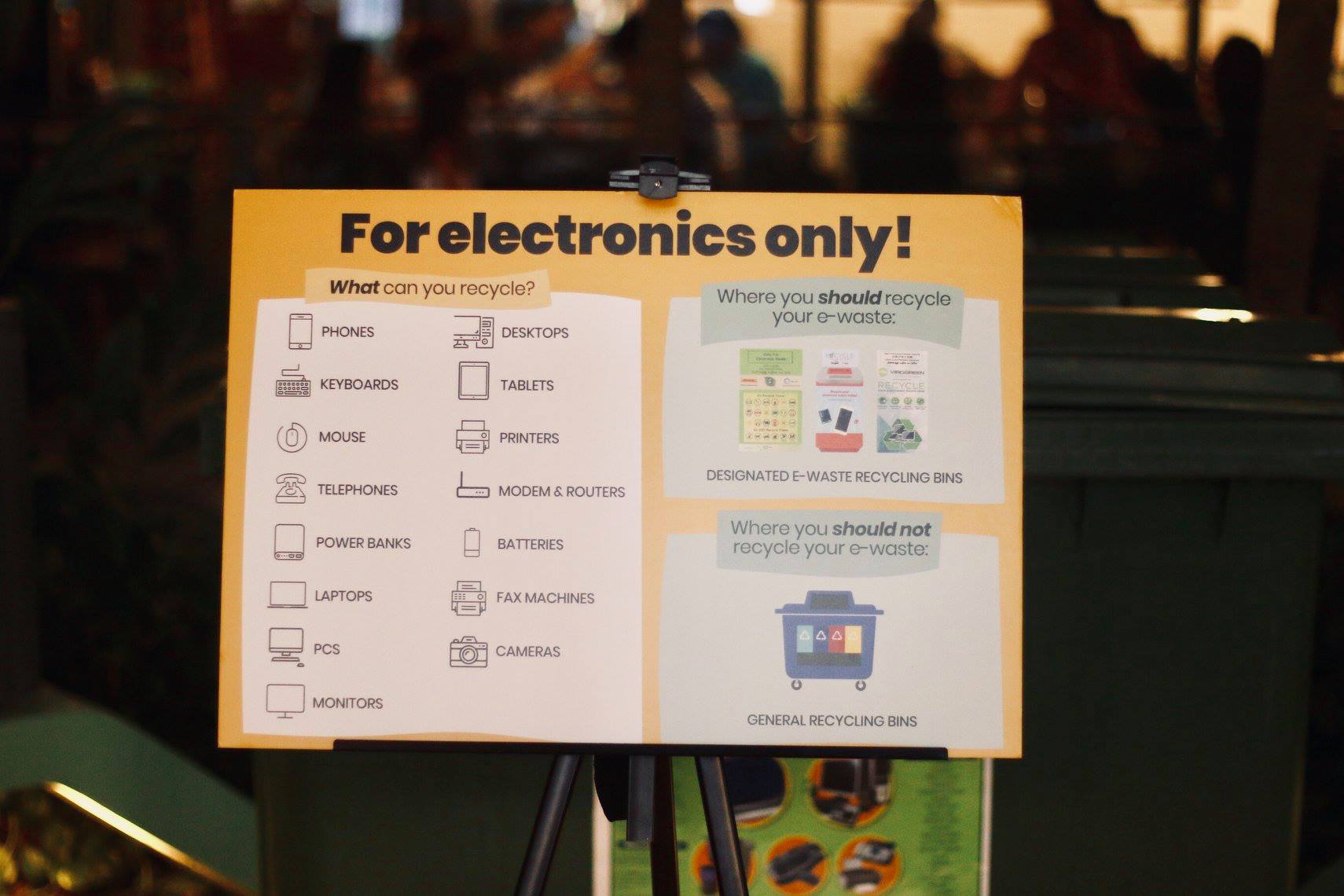 Photo from RE-WIRED.
Photo from RE-WIRED.
Hoarding e-waste at home
At least seven out of ten young Singaporeans surveyed admitted that they hoard the electronic products that they no longer use.
The survey also identified three key reasons for this behaviour - keeping the items as back-ups or spares, laziness and sentimental value.
For those who listed sentimental value as one of the reasons, the RE-WIRED team had a nifty little idea to encourage visitors to hand them down to someone else or resell them.
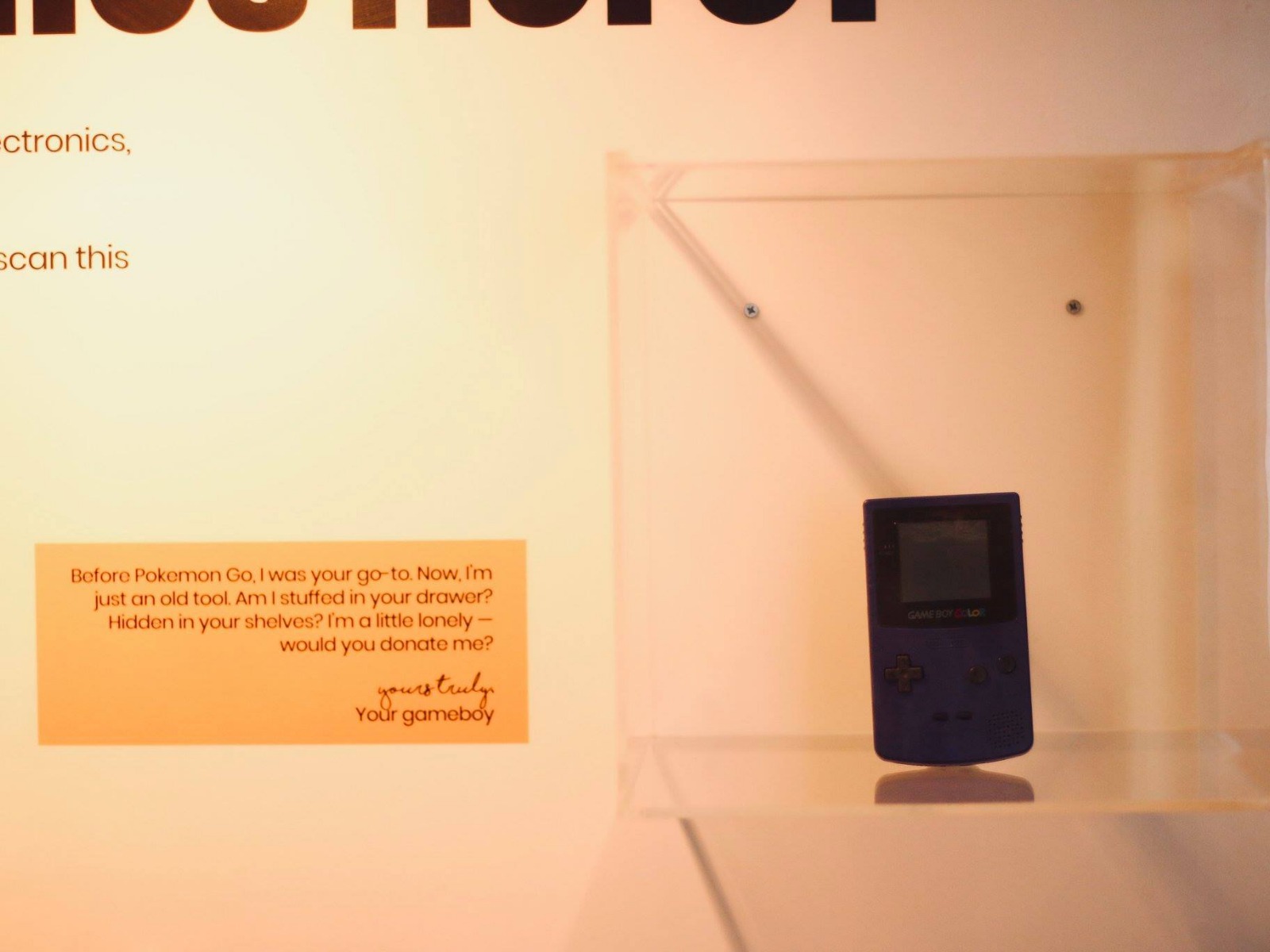 Photo by RE-WIRED.
Photo by RE-WIRED.
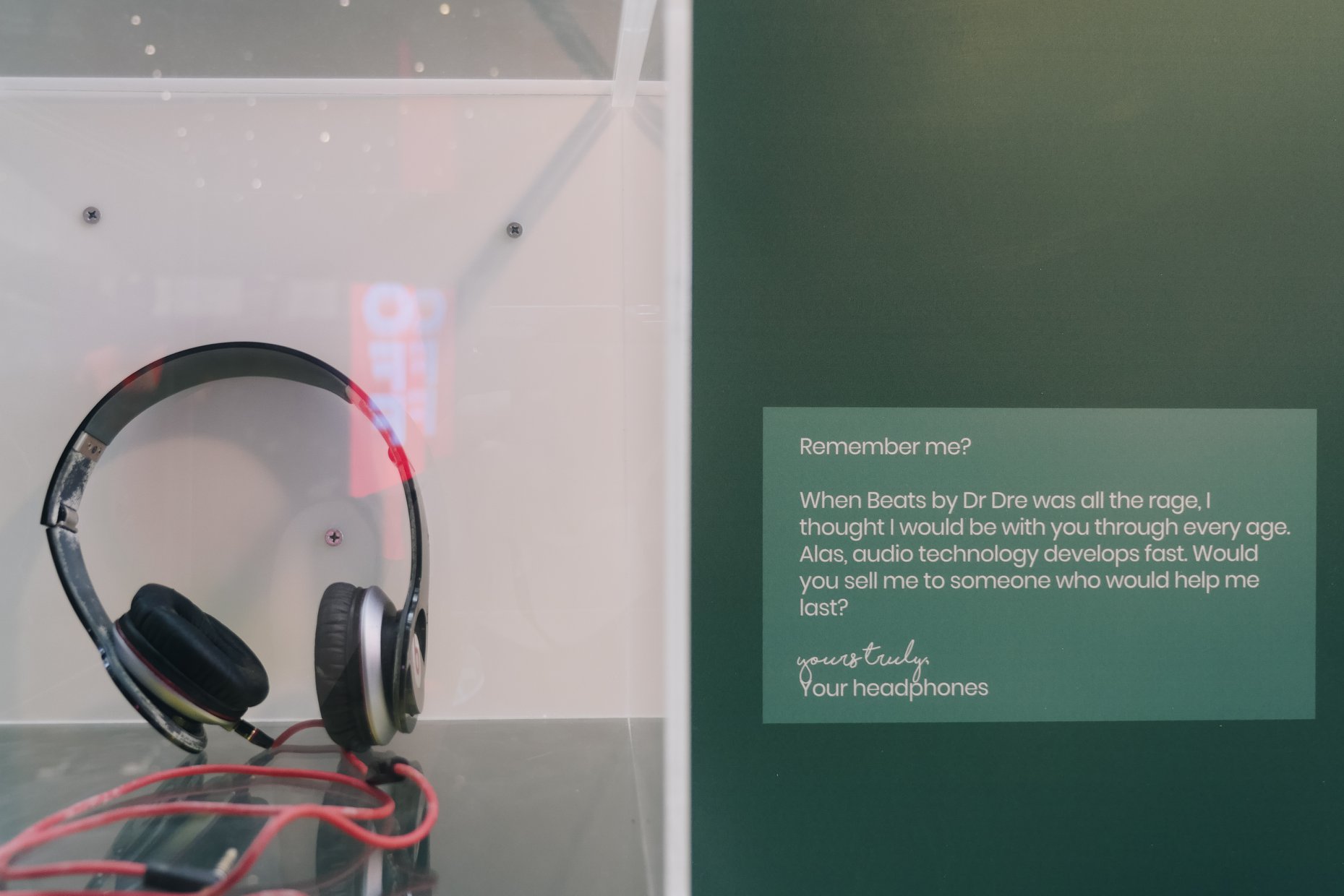 Photo by RE-WIRED.
Photo by RE-WIRED.
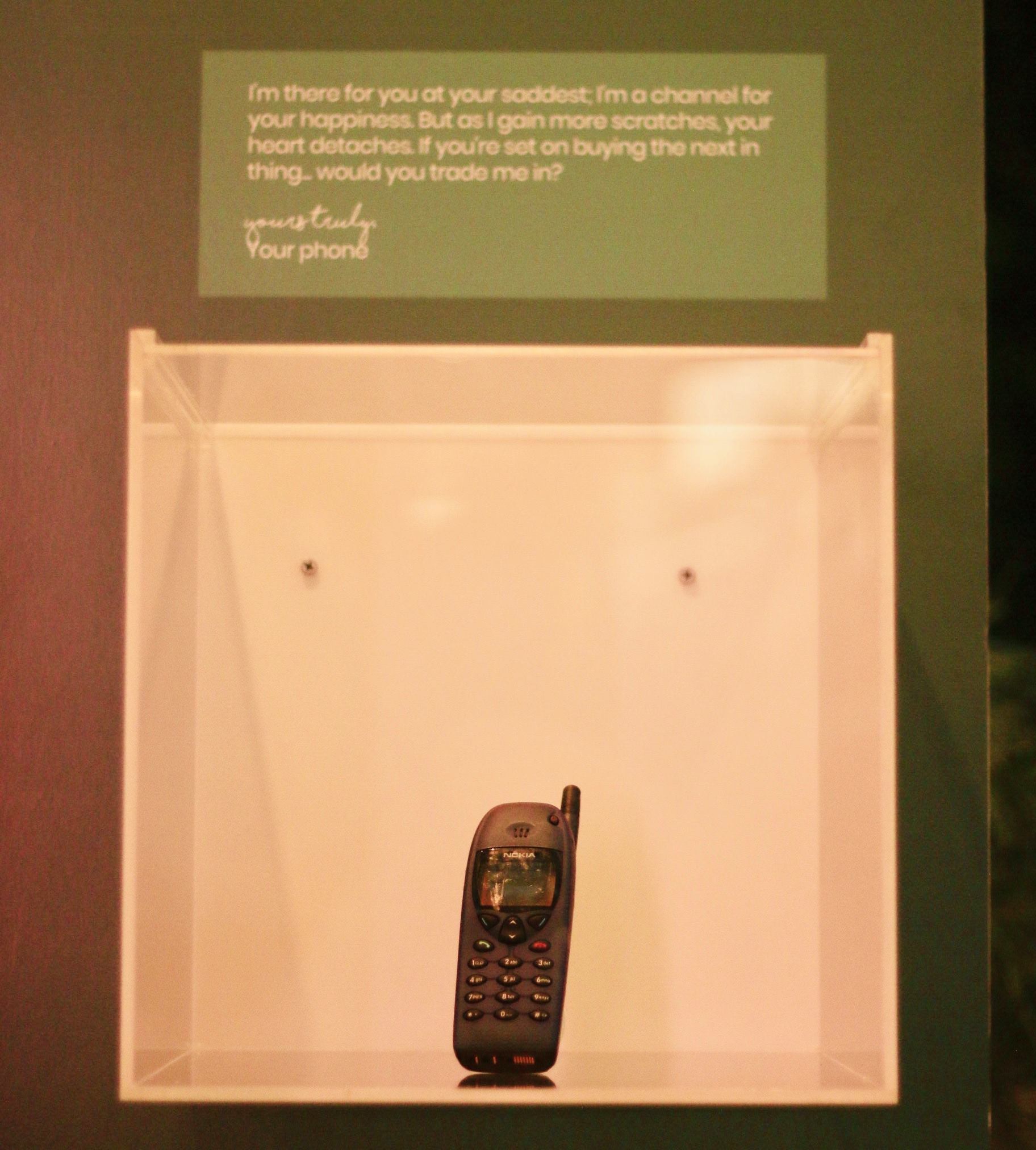 Photo by RE-WIRED.
Photo by RE-WIRED.
However, these unused electronic products will eventually cease functioning, which is a real waste.
What should you do with your e-waste?
With that, the students came up with a simple flow chart to help Singaporeans deal with e-waste at home.
First, ask if you need the product.
And if you don't, you can donate or resell them.
If the electronic products aren't in good condition, you can try to repair them. Otherwise, you can throw them into designated recycling bins.
There are over 500 drop-off points in Singapore where you can either resell or recycle them.
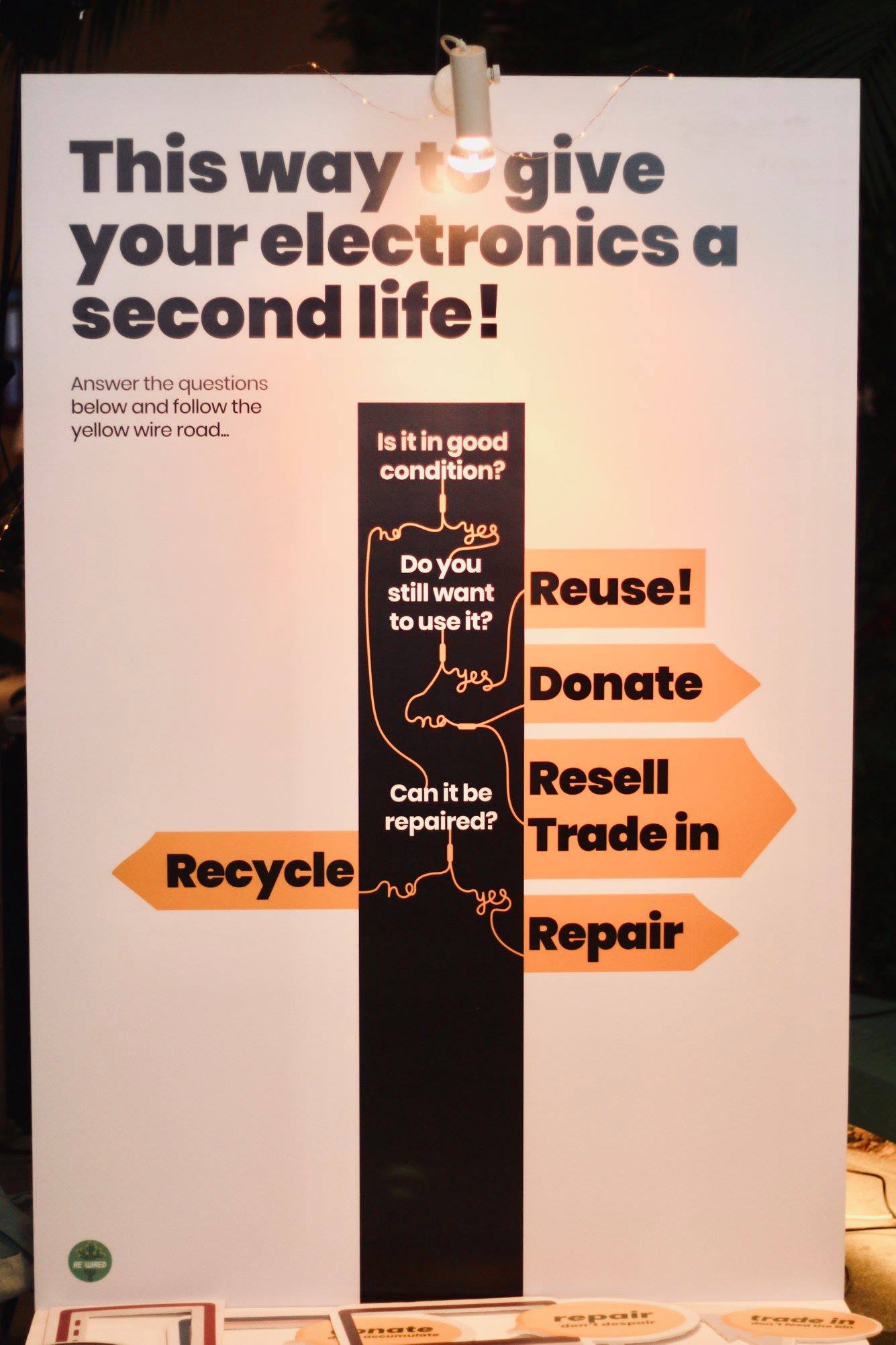 Photo by RE-WIRED.
Photo by RE-WIRED.
Why recycling e-waste is important?
Beside decluttering your home, recycling e-waste is important to public health and the environment.
Dumping or incinerating e-waste causes harmful chemicals that will have a negative impact on health.
This is due to most electronic products containing toxic metals such as lead and chromium.
There are also precious metals that can be recovered, such as gold.
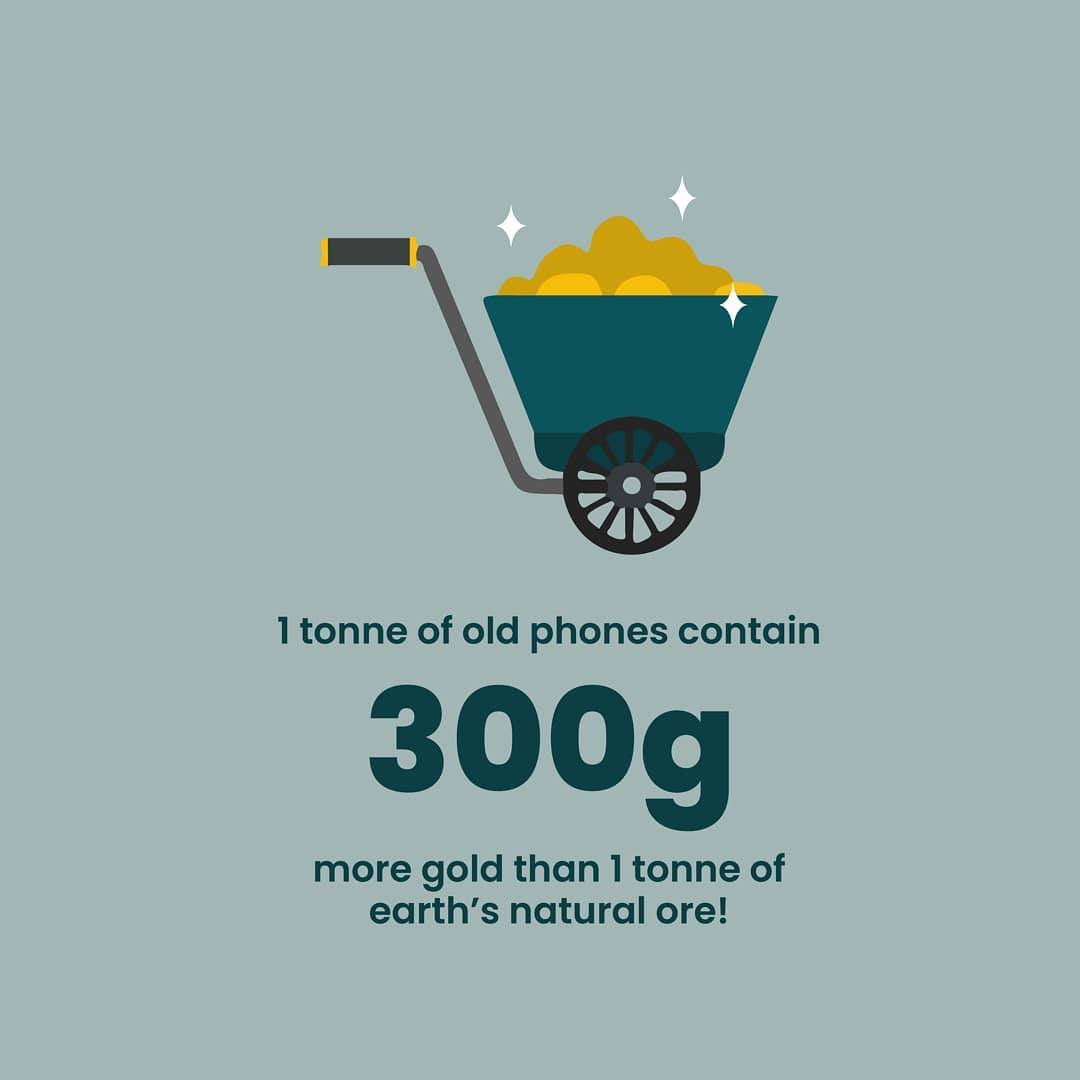 Photo by RE-WIRED.
Photo by RE-WIRED.
Manufacturing electronic products also contributes to climate change.
The production process releases greenhouse gases from the extraction of metals to transportation and the incineration at the end.
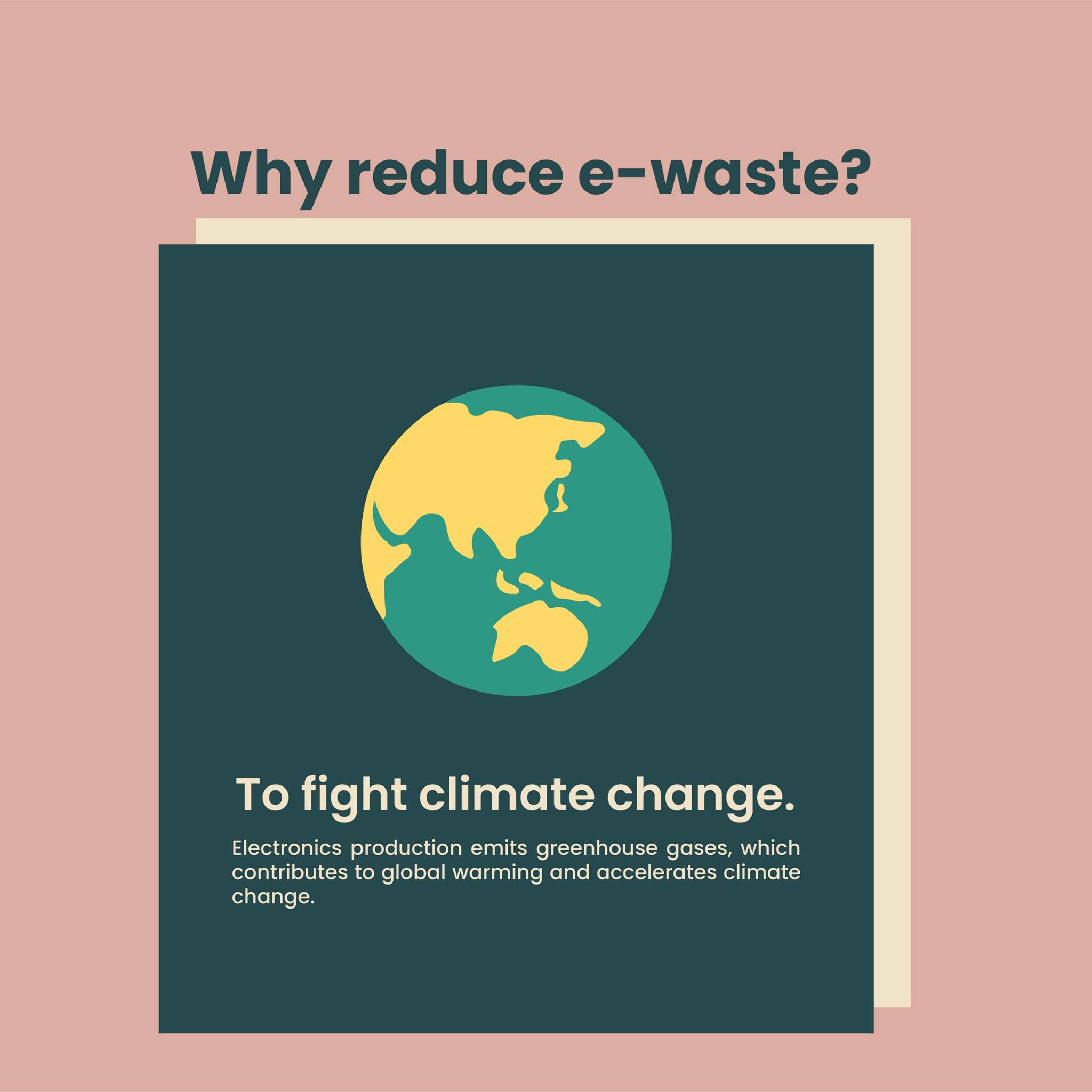 Photo by RE-WIRED.
Photo by RE-WIRED.
Against the backdrop of climate change, tackling e-waste becomes a pressing issue globally.
In Singapore, the National Environment Agency (NEA) announced last October that all producers of electronic and electrical equipment have to be responsible for the collection and recovery of e-waste by 2021, under the Extended Producer Responsibility (EPR) framework.
This signals Singapore's commitment to minimising e-waste and progressing towards a zero waste nation.
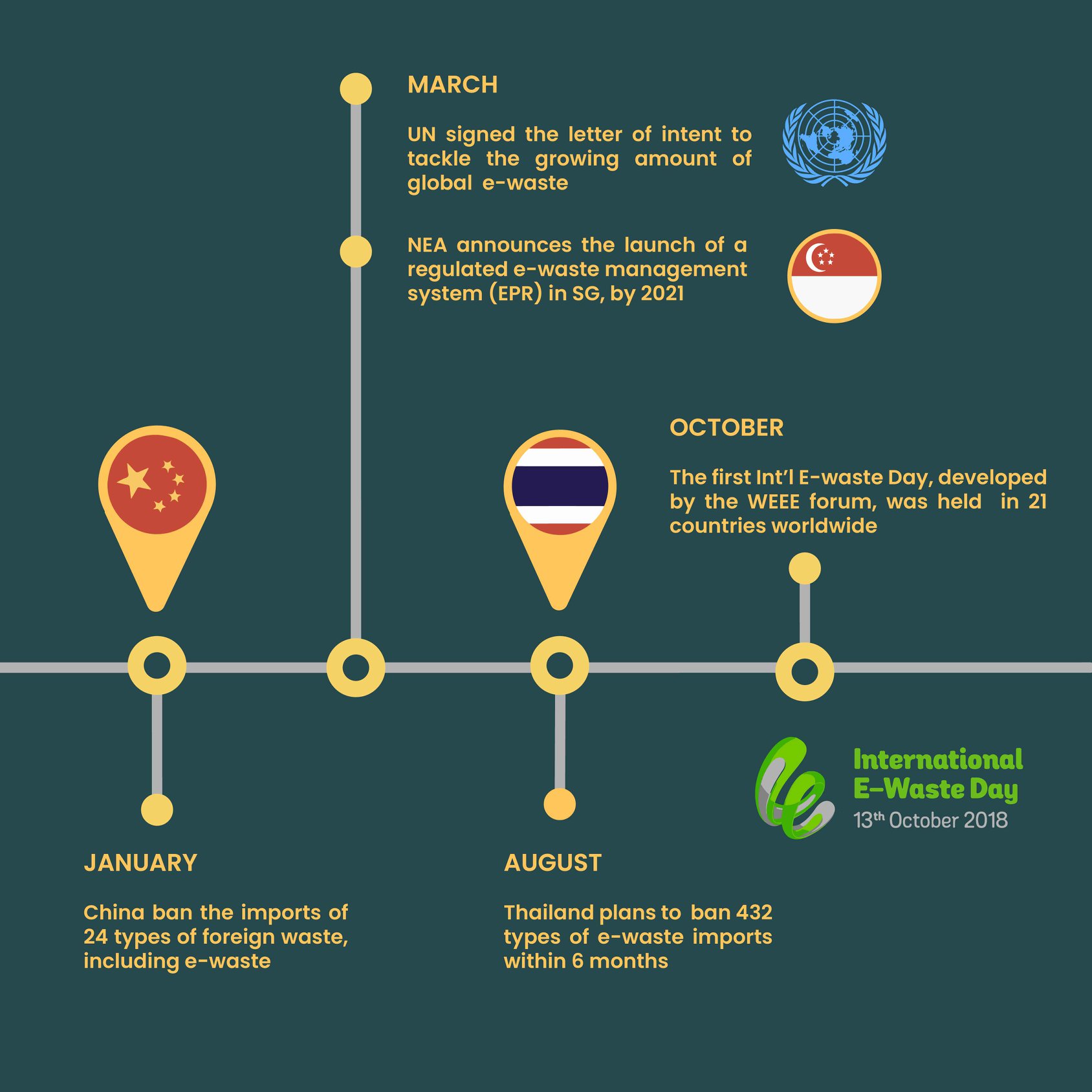 Photo by RE-WIRED.
Photo by RE-WIRED.
The RE-WIRED team had done several outreach events with the last one at Westgate shopping mall last weekend.
If you've missed their exhibitions, you can check out their Facebook page to find out more about e-waste recycling.
Top photo collage from RE-WIRED
If you like what you read, follow us on Facebook, Instagram, Twitter and Telegram to get the latest updates.
